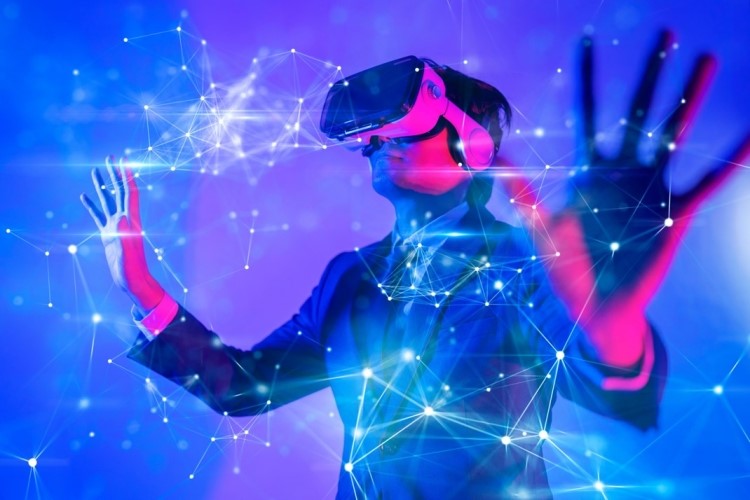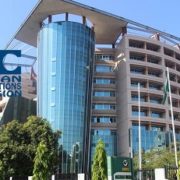By Randeep Sudan, Oleg Petrov and Garima Gupta
Big tech sees the metaverse as the next market opportunity — Mark Zuckerberg rebranded Facebook as Meta, and Microsoft has said it intends to build an “enterprise metaverse.” Microsoft recently stated that its $68.7 billion acquisition of Activision “will provide building blocks for the metaverse.” Although the metaverse is still at a nascent stage, if realized, it could potentially reshape the internet.
This post explores some opportunities the metaverse offers in education, health, and urban development although there are promising use cases in almost every sector.
What is the metaverse?
XR is an omnibus term for augmented, virtual, and mixed reality technologies. The metaverse offers virtual spaces for engagement, connection, sharing, and collaboration. In the metaverse, people can play games, work, meet, collaborate, shop, stroll, watch movies and concerts, and do almost anything else they could do in the real world.
The combination is likely to be accompanied by a quantum jump in data capture, transmission, and storage, which in turn will require significant investments in digital infrastructure. A high-quality immersive experience could require the transmission of 8K resolution images at 60 frames per second with HDR (High dynamic range), expanding their color and contrast. These specifications would translate into high bandwidth requirements even with advanced compression techniques.
RELATED African Metaverse Set To Boost Economy And Create Employment
The metaverse represents a significant economic opportunity as the global market size of the metaverse in 2020 was $4.69 billion and is estimated to grow by 43.3 percent annually between 2020–27. The figure below shows the number of patents relating to “virtual worlds” published since 2000.
1. Education and Training
.
According to the University of Maryland, users retain information more effectively when presented in virtual reality (VR) rather than on a computer screen. A PricewaterhouseCoopers report states that employees can be trained four times faster in soft skills using VR than traditional in-person classroom or online training.
Verizon similarly reduced training time for call center agents dealing with angry customer calls from 10 hours to 30 minutes per agent.
2. Healthcare
The United Kingdom’s National Health Service commissioned a study to determine the value of VR in educating hospital frontline staff. Ninety-two percent of VR participants trained in infection control measures were found to have an adequate understanding, compared to only 16 percent of the control group. Post-training performance increased by more than 230 percent for the VR group, compared to 16.75 percent for the control group. Additionally, users reported feeling less anxious when confronted with COVID-19 scenarios.
3. Urban development
Singapore has created a digital twin — Virtual Singapore — that lets users visualize in 3D how the city will develop and evolve in response to population growth and new construction. This virtualization has multiple uses, including transportation planning through simulations and determining optimal sites for the location of solar systems.
Seoul has announced that it will offer services in the metaverse, allowing citizens to interact with public officials, resolve civic complaints, and receive consultation services in a virtual world without visiting City Hall.
Saudi Arabia is building a $500 billion city. The city, named Neom, will have a digital twin in the metaverse allowing the citizens to experience the city even before it is functional.
What should developing countries be considering?
Teachers can be exposed to immersive training in teacher training institutions. Students can be encouraged to create educational content on gaming platforms. Similarly, healthcare professionals can be better trained using immersive technologies.
Residents could be consulted on alternative designs through immersive experiences. Commercial spaces that are part of the redesign could be sold in virtual worlds with ownership transferring to their physical twins upon execution, thus generating revenues for development.
Most importantly, The United Kingdom, New Zealand, and the European Union are pursuing policies and initiatives to promote digital twins. The metaverse opportunity can be also included into national data ecosystem development strategies which have been recommended in World Development Report 2021 “Data for Better Lives”.
Despite its current hype and attendant risks, the metaverse could potentially offer benefits in multiple sectors, including healthcare, education, and urban development, to name a few.






























